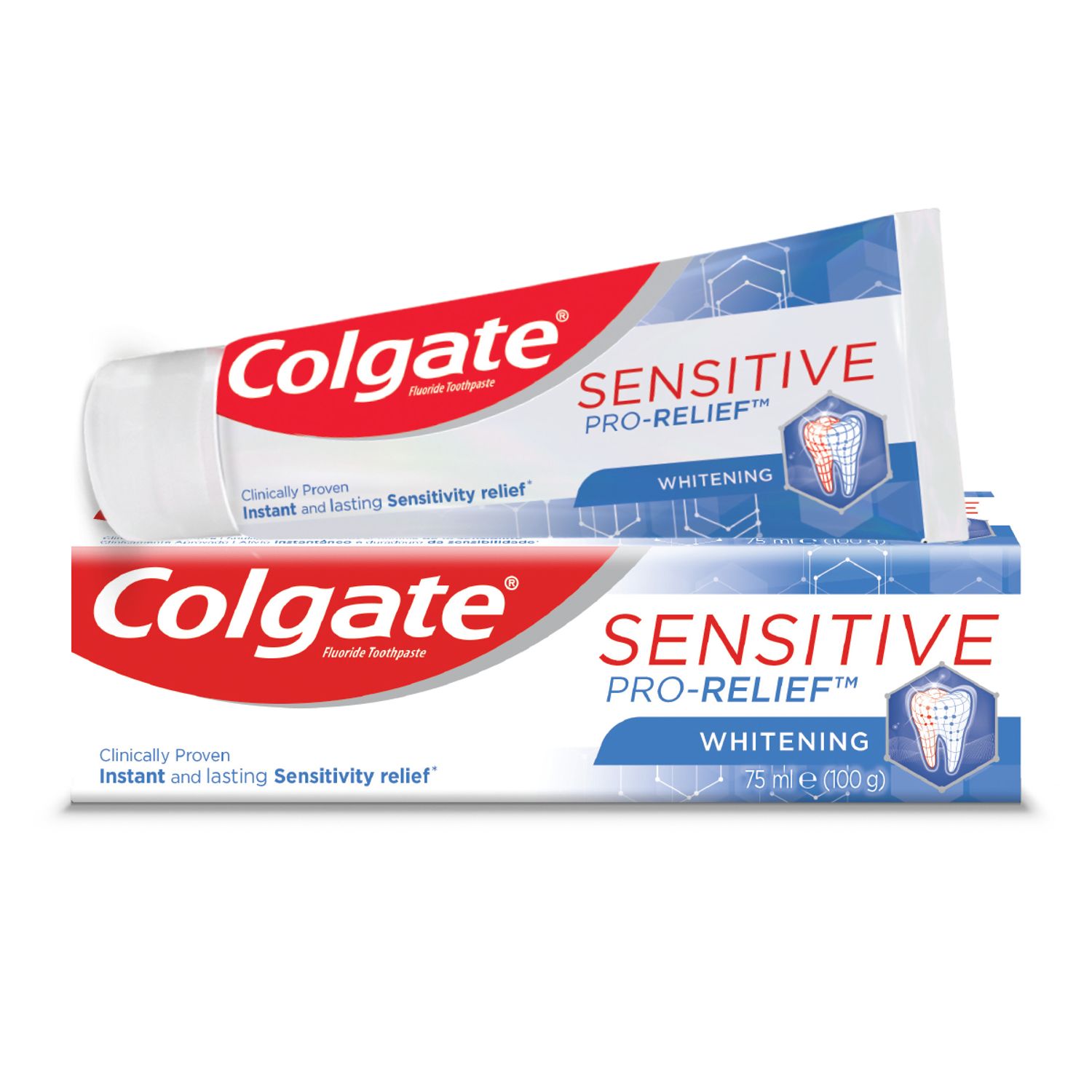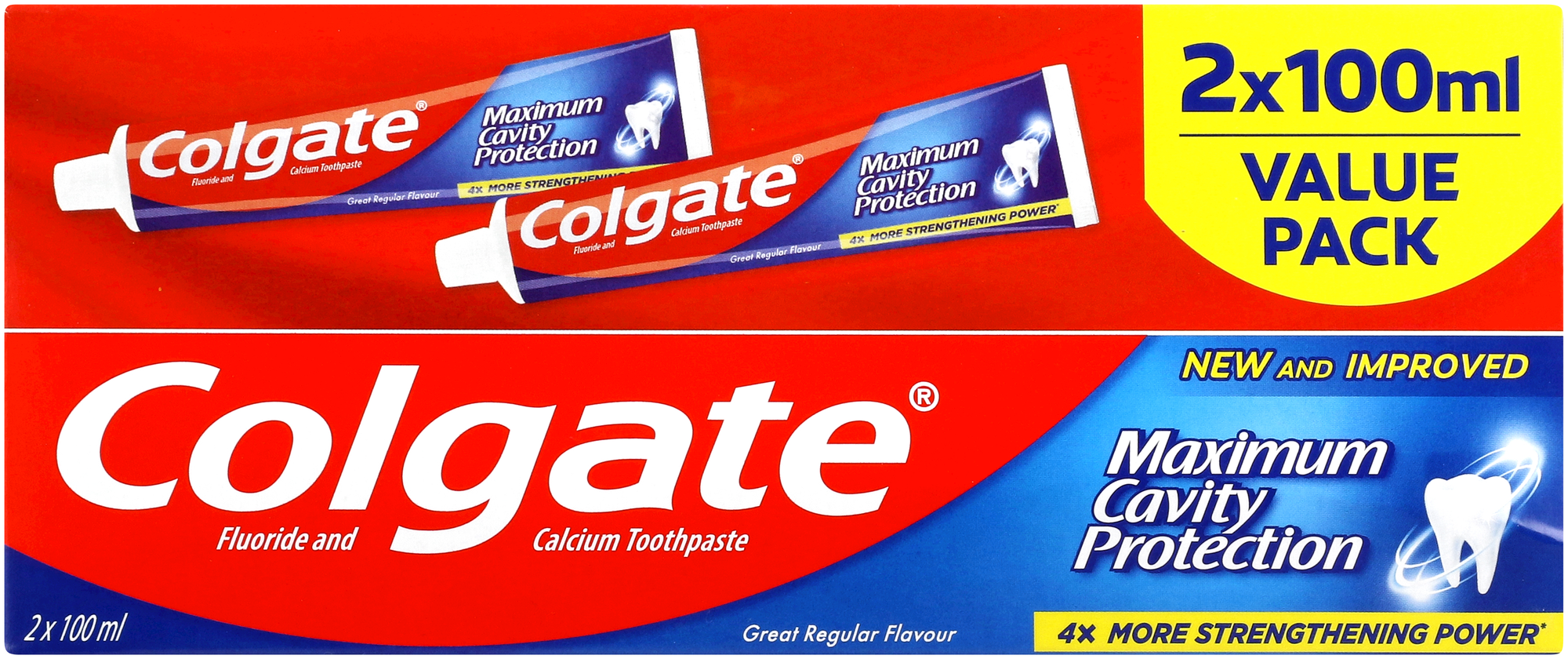-
-

CAVITIES
Can You Heal A Cavity At Home?You feel a sharp pain when you bite down or try to eat. You think it's a cavity, but you're not 100 percent sure...

BAD BREATH
How To Cure Bad BreathMore commonly known as bad breath, halitosis is an embarrassing hygiene issue that nobody wants, but some of us get every now and then...
-
Science & Innovation
- Colgate® | Toothpaste, Toothbrushes & Oral Care Resources
- Oral Health
- Does The Tooth Worm Really Exist?


Once upon a time, dental patients believed a toothache was caused by a tooth worm eating away at their tooth from the inside out. Modern-day medical science has proven that there is no such parasite and that the concept is merely superstition based on the appearance of diseased tooth pulp, which can look remarkably similar to a worm. The invention of the microscope made it possible to examine the tooth pulp closely — scientists have since discovered that teeth contain hollow tubes located in the dentin, according to the American Dental Association (ADA), which, when diseased, give off a worm-like impression.
Dentin Tubules
The purpose of these dentin tubules is to conduct sensitivity to heat or cold from the tooth surface to the nerve, but they aren't actually the cause of any tooth damage. When the tubules are exposed, however, this often results in sensitivity or discomfort for the patient. The tubules aren't visible to the naked eye, but under a microscope you can see why people were alarmed at the thought that their teeth were full of worms!
The Real Cause of Dental Disease
Modern dentistry proves that most toothaches are caused by dental cavities resulting from tooth decay, plaque and tartar. Plaque develops when germs build up on the surface of the teeth, irritating the gum tissue and accumulating on the enamel, and cause cavities that may expose the sensitive tooth pulp. Gum disease is also a leading cause of dental disease. The South African Dental Association states that severe periodontal disease is found in 5-20% of middle-aged adults, although this rate may vary across geographic regions. Poor oral hygiene is the primary cause of gum problems.
How to Treat Dental Cavities
If you discover that you have a cavity, you can dismiss the idea that it was caused by a tooth worm. Whatever the cause, the best way to treat dental cavities is to have your dentist do a restorative treatment at the earliest possible opportunity.
These treatments could include
- Cleaning out the cavity area and filling the tooth with a restoration
- Pulp capping to prevent the dental pulp from dying after exposure
- Performing a root canal treatment if the nerve has been exposed and affected
If a tooth is broken down or shows signs of severe decay, your dentist might extract it and recommend replacing it with an implant or bridge.
Maintaining a Healthy Mouth
The best way to avoid the type of dental disease historically blamed on a tooth worm is to maintain a healthy mouth. You can do this by brushing twice daily with a toothpaste to repair teeth and early gum damage, flossing daily and rinsing with an anti-germ mouthwash. Visit your dentist every six months for a check-up and have any damaged teeth examined and treated as soon as you become aware of them.
Don't let superstition cloud your judgment. Get the dental care you need and practise good oral hygiene to keep your smile beautiful and your breath fresh year-round.
Related Products

Helping dental professionals
More professionals across the world trust Colgate. Find resources, products, and information to give your patients a healthier future










